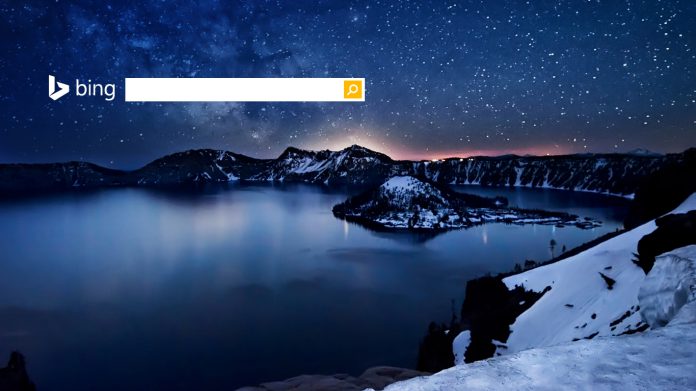The company points out that creating copyright rules around the search engine is tough. There is a fine balance to strike between allowing and promoting free speech and fair use, while protecting the intellectual property of copyright holders. “Bing encourages respect for intellectual property, including copyrights, while also recognizing the rights of users to engage in uses that may be permissible under applicable copyright laws. Bing may remove from its search results links to webpages containing material infringing the rights of the owner of copyrighted content.” Arguably the most meaningful change to the policy regards website dismissal. In the past, Bing would automatically take down a website after verifying copyright had been infringed. This seems fine, but it is worth remembering that Bing’s removal is not always accurate. In other words, mistakes happen and websites got removed without infringing. At least somtimes there is a strong case to be made that no laws were broken. Owners were finding it hard to find out why their site had been removed. With the new system, Bing search will now tell site owners which pages caused the removal. The owners can then appeal these pages directly with Microsoft in the moment. Additionally, the company has introduced a new appeals process.
Content Removal Requests Report
In keeping with transparency commitments, Microsoft releases a report twice per year detailing content removal requests. The report covers all the company’s services and not just Bing. Each report is for a six-month period and details the following requests:
Requests from governments such as claims of violations of local laws or our terms of use Requests from European and Russian residents to filter search results about them on Bing for queries that include their names, pursuant to local law From copyright owners to Bing claiming infringement of protected works Requests from individuals to remove nonconsensual pornography, also referred to as “revenge porn,” which is the sharing of nude or sexually explicit photos or videos online without that person’s consent




